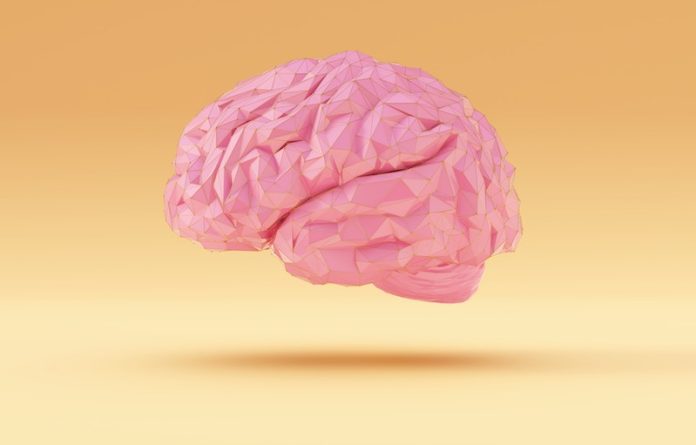
Researchers at the University of Basel have made a revolutionary breakthrough by discovering a correlation between certain brain signals and variations in memory performance among individuals.
This extensive study led by Professor Dominique de Quervain and Professor Andreas Papassotiropoulos, revealing that distinct brain regions and networks are differentially activated in individuals with varying memory capabilities, is published in the journal Nature Communications.
The research, known as the largest functional imaging study on memory, incorporated nearly 1,500 participants aged between 18 and 35.
Participants were requested to memorize 72 images while their brain activity was recorded using MRI, and subsequently, they were asked to recall as many images as possible.
This method revealed significant differences in memory performance among the participants.
The study determined that in certain brain regions, including the hippocampus, there was a direct correlation between brain activity during the memorization process and subsequent memory performance.
Individuals demonstrating better memory exhibited stronger activation in these specific areas. However, no such association was found in the occipital cortex, which was active uniformly across individuals with different memory performance levels.
Beyond identifying associated regions, the researchers also delineated functional networks within the brain, reflecting collaborative regions facilitating complex processes like information storage.
This study provides an unprecedented understanding of how differences in memory performance arise among individuals.
It uncovers the underlying networks and regions in the brain associated with memory performance, offering vital insights into the intricate processes of information storage within the brain.
These insights are crucial for future research in exploring connections between biological characteristics, such as genetic markers, and brain signals, opening avenues for advancements in clinical applications and therapeutic interventions for memory-related conditions.
Despite the groundbreaking discoveries, the research highlights that the brain signals of an individual do not necessarily allow for definitive conclusions regarding their memory performance, emphasizing the necessity for comprehensive interpretations of the findings.
The University of Basel’s research has paved the way for a deeper understanding of the relationship between brain signals and memory performance, revealing crucial associations between brain regions, their activations, and memory capabilities.
This exploration into the intricate networks of the brain has provided substantial insights into the variations in memory performances, offering a foundational perspective for future studies and potential clinical applications in understanding and addressing memory processes and related conditions.
The study stands as a monumental stride in cognitive neuroscience, expanding our comprehension of the intricate symphony of signals within our brains and their role in our ability to remember.
If you care about brain health, please read studies about vitamin D deficiency linked to Alzheimer’s and vascular dementia, and blood pressure problem at night may increase Alzheimer’s risk.
For more information about nutrition, please see recent studies about plant nutrient that could help reduce high blood pressure, and these antioxidants could help reduce dementia risk.
The research findings can be found in Nature Communications.
Follow us on Twitter for more articles about this topic.
Copyright © 2023 Knowridge Science Report. All rights reserved.



